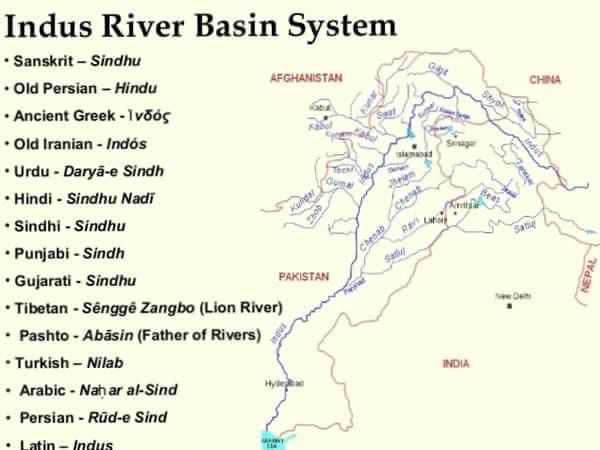SINDH AND JATTS
Written By – Dr.Inderjit Singh
The great Hiuen Tsang (Xuanzang) left China in 630 CE on a pilgrimage to India and returned to China in 645 leaving a rich and historical record of his travels. Yuan Chwang’s Travels in India edited & translated by S Beal is a great work for any student of Indian History.
He visited Sindh and without naming Jatts, he tells us
By the side of the river Sindh, along the flat marshy lowlands for some thousand li, there are several hundreds of thousands (a very great many) families settled. They give themselves to tending cattle and from this derive their livelihood. They have no masters, and whether men or women, have neither rich nor poor.” They claimed to be Buddhists, but they were “of an unfeeling temper” and “hasty disposition”
Arab conquered at Sindh in 710 CE and related account Chachnama names Jatts and states
They are said to have lived on both banks of the Indus, which divided them into western and eastern Jatts. They were especially concentrated in central Sind, in the territory of Brahamanabad. Their settlements extended in the south to the port of Debal, and in the north to Siwistan (Sehwan) and the region of Bodhiya immediately to the north. There were no small or great among them. They were supposed to lack marital laws. The only tribute they could was in the form of firewood. They owed allegiance to the Buddhist shramanas and under the Chach dynasty there had been harsh constraints imposed upon them, which the Arab conquerors confirmed. Besides pastoralism, the only occupations they pursued were those of soldiers and boatmen.
The Jatts are also noticed in Sind proper during the next century. In 836 CE an Arab governor summoned them to appear and pay Jiziya, each to be accompanied by a dog, a mark of humiliation, prescribed also under the previous regime.
Many historians have stated that this all led to the migration of some Jatts from Sindh to Punjab (both are land of river Indus) like Khosa Jatt Sikhs found in East Punjab. Their orgins lies in Balochistan and Sindh.


